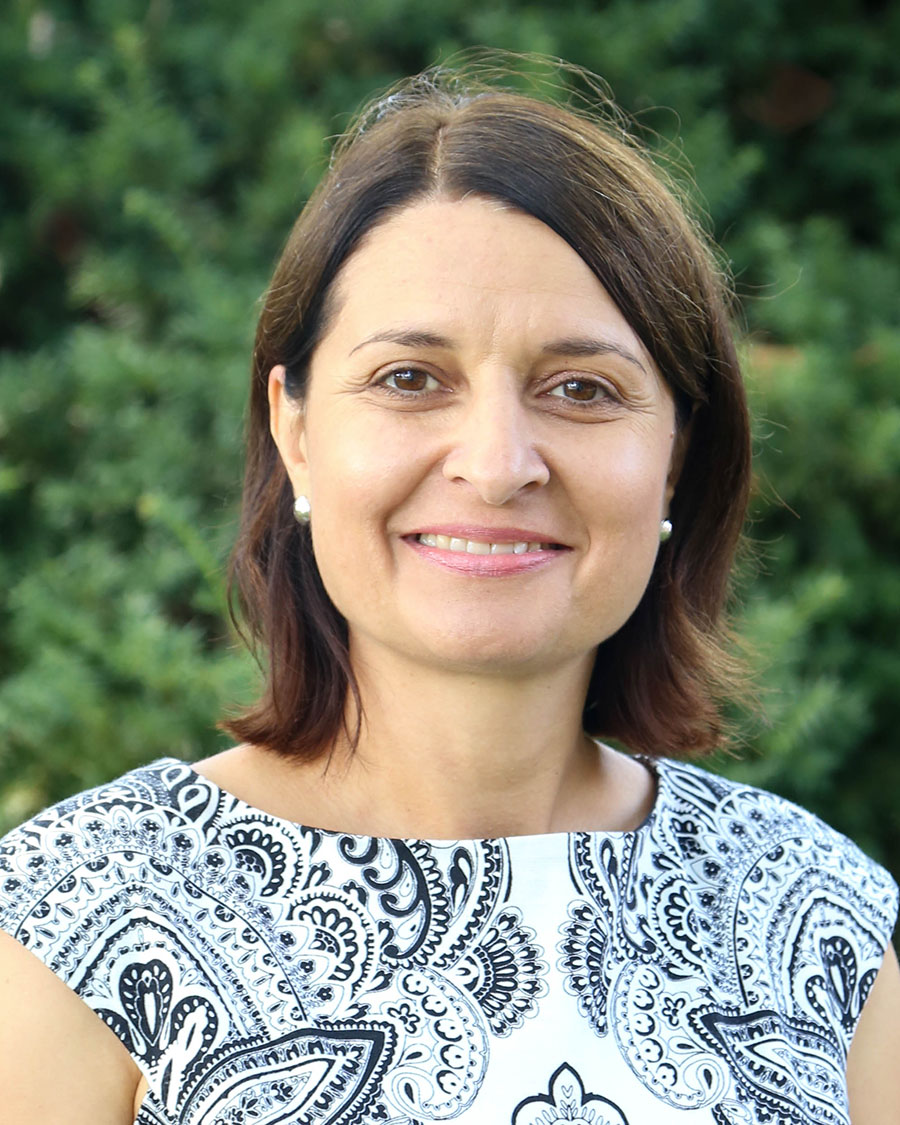
As social media becomes more pervasive in our lives, so does its usage in political campaigning.
“Social Media and Political Campaigning Around the World,” a new special issue of Journalism & Mass Communication Quarterly, addresses the complexities of social media content, its use and the effects on political campaigns, both in the United States and internationally.
Daniela Dimitrova, professor in the Greenlee School of Journalism and Communication, and Jörg Matthes of the University of Vienna co-edited the publication.
The final product includes eight studies, which use data from Asia, Australia, the United States and Europe and focus on platforms including Facebook, Twitter, Instagram, Snapchat and Reddit.
Dimitrova proposed the topic because of its timeliness and how it builds on her research on information and communication technologies, political communication and international communication.
Two of the studies in the special issue take a closer look at the 2016 U.S. Presidential election cycle. For example, one study compares cross-platform content during the primaries. Another examines the use of visuals in Hillary Clinton’s and Donald Trump’s subreddits, focusing on gender qualities users assigned to candidates on the platform.
Other studies examine how social media has played a role in campaigns beyond the U.S., including the role of Twitter in Australian federal elections, the relationship between partisan strength and social media use among voters during the 2016 Hong Kong Legislative Council Election and the link between Facebook performance and electoral success during the Hungarian General Election Campaign of 2014.
Several studies explore the effects of social media on various aspects of the political process. One analyzes the use of the term “fake news” on Twitter and its politicization. Another examines how increased use of Facebook for news consumption and news sharing purposes is associated with lower political knowledge levels. A third looks at how politicians’ personal disclosures on social media affect vote intention.
Dimitrova stressed it’s important to remember the impacts of social media on political campaigns aren’t always uniform and can be difficult to detect. One must also consider context, remembering social media is not used in isolation but as part of a particular media or political system.
“In the beginning of social media there was a lot excitement about how it was going to democratize everything. There was a lot of enthusiasm. Over time, we’ve realized it’s a little more complex. Now we’re talking about things like fake news going viral, we’re talking about political polarization and trolling, so I think it’s challenged some of our assumptions about how people function online and would use some these technologies,” Dimitrova said.
Dimitrova and Matthes also had the opportunity to raise questions about how current research theories may or may not still apply in the context of social media in an editorial essay.
“In addition to timing, it’s also the realization that some of our theories and concepts perhaps don’t fit or work as well with social media. I thought it was a good time as scholars of the broader journalism and mass communication community to look closer at this question.” she said. “I don’t know we have a definitive answer, we just know we need to do more theory building.”
Dimitrova looks forward to applying her journal-editing experience in the classroom as she instructs graduate and undergraduate students in Communication Technologies and Social Change (Jl MC 574), World Communication Systems (Jl MC 476) and Communication Research Methods (Jl MC 502).
Journalism & Mass Communication Quarterly is the flagship journal of the Association for Education in Journalism and Mass Communication (AEJMC). The special issue will be featured at a special session during AEJMC’s annual conference, and Dimitrova will moderate a panel that includes several of the authors.